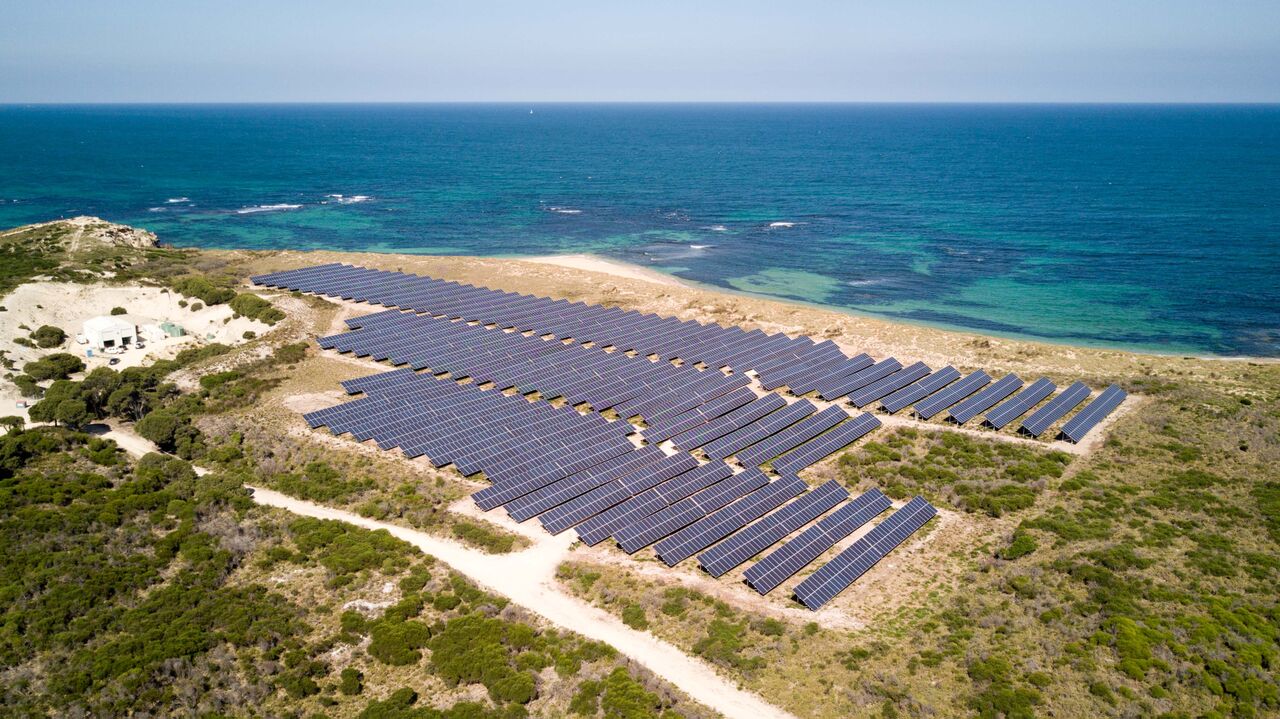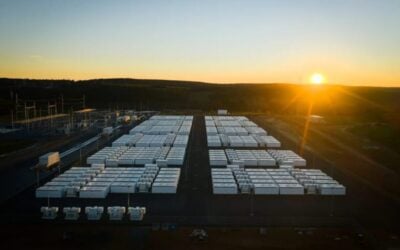
Perth-based Hybrid Systems and BayWa r.e. have reaped the lion’s share of the first round of a programme to roll out ‘standalone power systems’ (SPS) across Western Australia.
Government officials hailed this week the signing of AUS$8.8 million (US$) worth of contracts for 57 SPS units to be deployed across the state, as part of a scheme run by state-owned utility Western Power.
“The McGowan Government is committed to supporting [Western Australian] companies involved in the renewable and battery technologies sector,” said Bill Johnston, the state’s energy minister.
“Increasing regional reliability is a key focus for the government and I support the innovative solutions like SPS that Western Power is deploying for regional homes and businesses,” Johnston added.
Try Premium for just $1
- Full premium access for the first month at only $1
- Converts to an annual rate after 30 days unless cancelled
- Cancel anytime during the trial period
Premium Benefits
- Expert industry analysis and interviews
- Digital access to PV Tech Power journal
- Exclusive event discounts
Or get the full Premium subscription right away
Or continue reading this article for free
The solar-plus-battery-plus-diesel systems were put to the test in 2016 in what was dubbed the SPS Great Southern Trial. According to Western Power, the six properties involved in Western Australia were spared from more than 90 hours of outages in a single year.
The 57 microgrids – two of which are nanogrids – will be run and maintained by Hybrid Systems, BayWa r.e. and the other providers for two years after installation is complete. According to Western Power, the entire network will create close to AUS$6 million (US$4.28 million) in cost savings compared to more conventional alternatives.
2MW project at naval base makes it past commissioning phase
A 2MW solar-plus-storage microgrid could soon launch commercial activities at a naval base in Western Australia after making it past the commissioning phase.
Once it receives the go-ahead to operate, the Garden Island project is to start supplying power to the nearby HMAS Stirling naval base under a deal with Australia’s Department of Defence, developer Carnegie Clean Energy said on Thursday this week.
“During the commissioning phase, the [micro-grid] system sent renewable power to the base network and has already shown its ability to deliver a reduction in Garden Island’s peak load,” the firm explained in its statement.
Work to build the microgrid on the Garden Island, just off the coast of Perth, kicked off in August 2017. The Australian Renewable Energy Agency (ARENA) helped fund construction with a AU$2.5 million (US$1.77 million) package, split between a AU$1.8 million convertible note and AU$700,000 in grant money.
On Garden Island, the microgrid will sit alongside other Carnegie projects including a desalination plant and the self-styled world’s first off-shore wave energy facility. The firm, formerly known as Carnegie Wave Energy, developed the latter under the ARENA-funded CETO 6 programme and through research carried out at an institute in Western Australia.
The pairing of energy storage with solar is an approach that comes with the explicit backing of Australia’s chief scientist Dr Alan Finkel. In 2017, he urged the government to enact obligations that would force renewable players to incorporate energy storage capacity – amongst other possible strategies – to bolster the security of Australia’s power system.
News on Garden Island comes as Carnegie works to deliver solar, energy storage and microgrid projects in Australia under a joint venture, signed on December 2016 by its subsidiary EMC [Energy Made Clean] and property group Lendlease.





